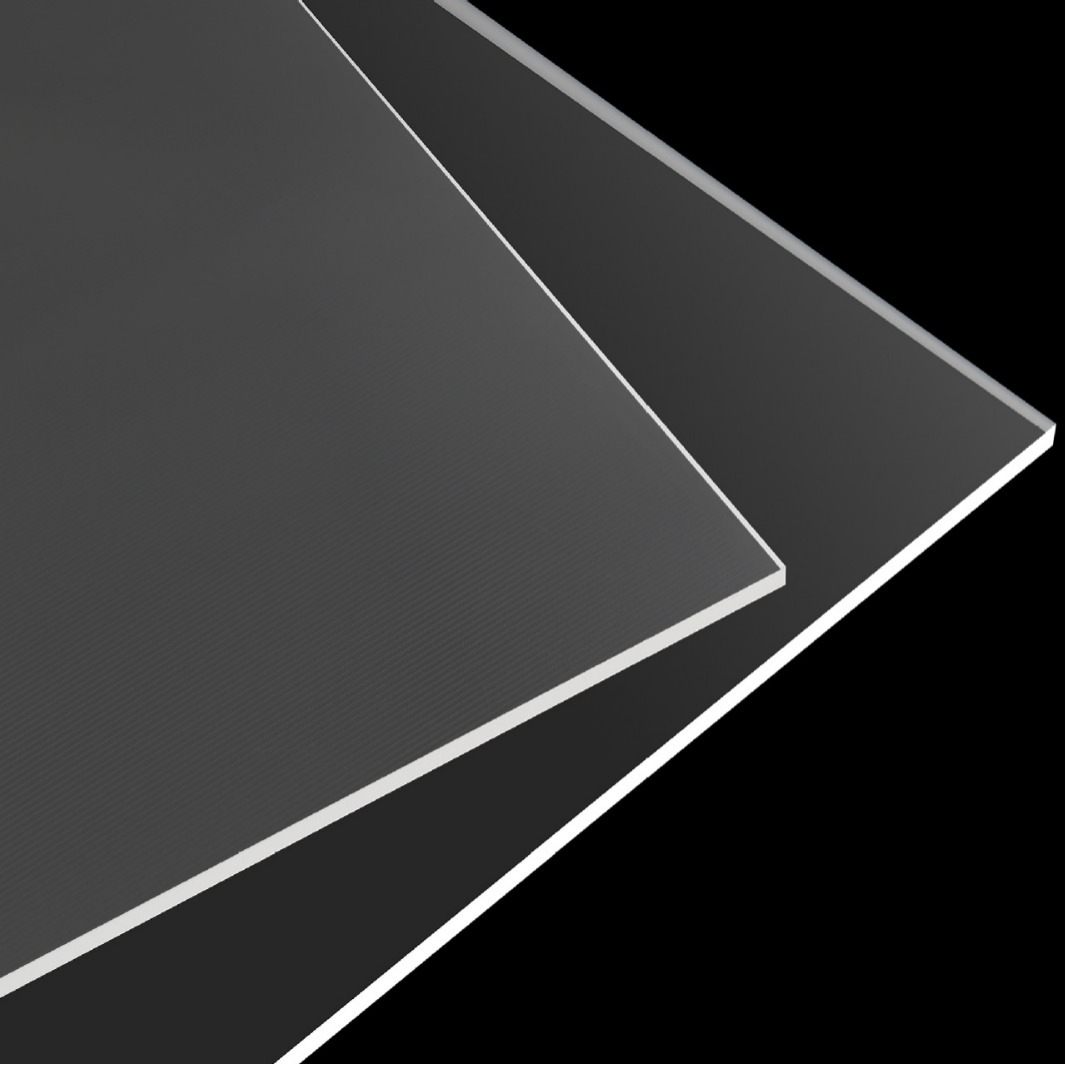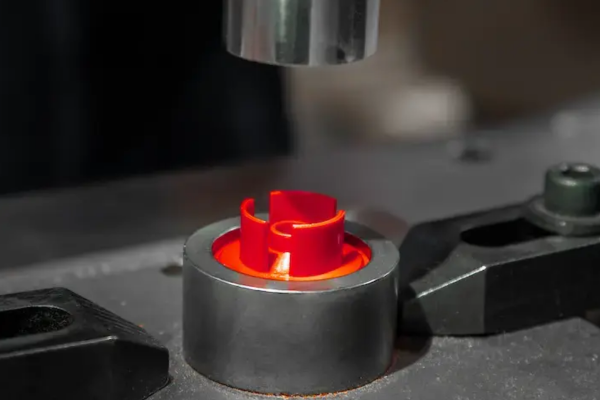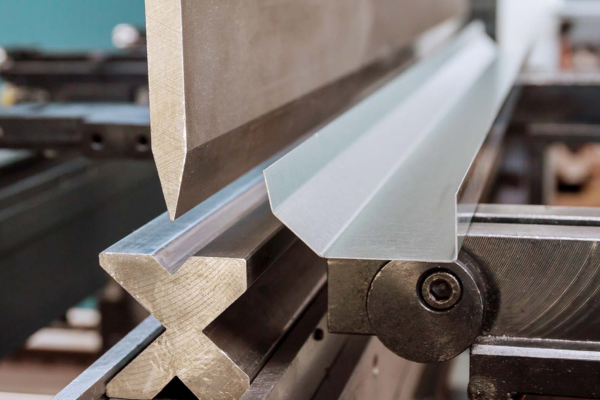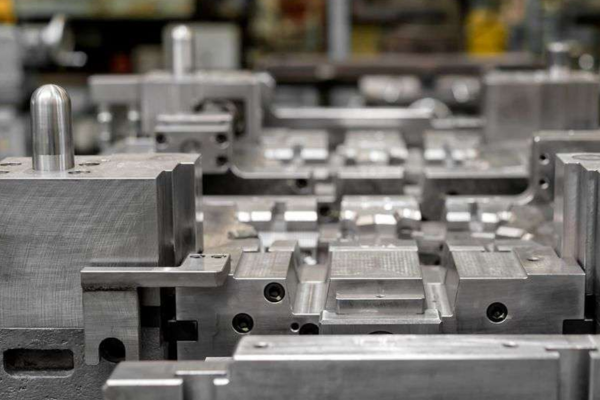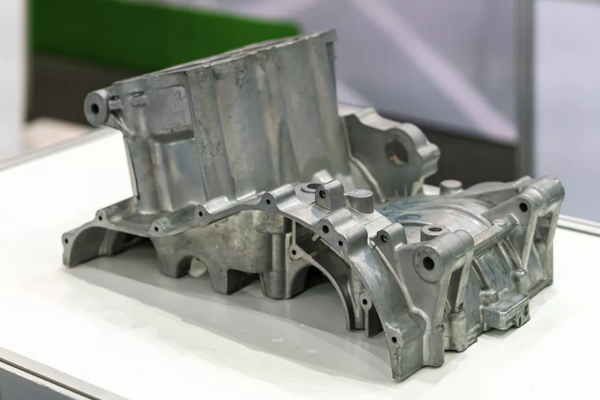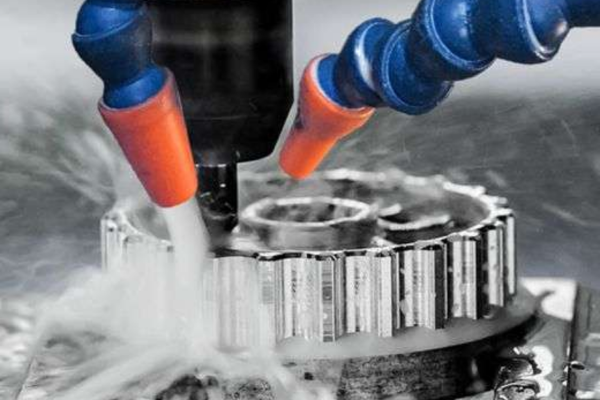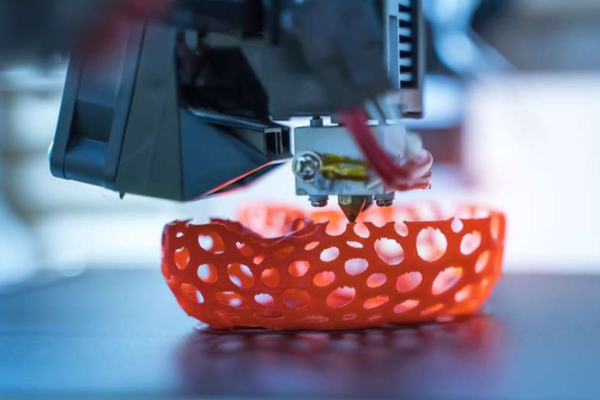PMMA (Acrylic) is widely chosen for its exceptional clarity, but to unlock its full optical potential, the right surface finish is essential. Different finishing techniques help achieve clarity, smoothness, or decorative textures depending on application needs.
Flame Polishing for Glass-Like Edges
Flame polishing is one of the most popular finishing techniques for PMMA because it instantly restores optical clarity to cut or machined edges. A controlled flame melts the top molecular layer of the acrylic, creating a glossy, smooth, glass-like surface. This method is ideal for display edges, signage, and components where transparency is a priority. XC Machining uses precision flame-polishing tools to avoid warping or edge distortion.
Vapor Polishing for Optical Transparency
Vapor polishing uses chemical vapors to smooth microscopic imperfections on the surface of PMMA. Unlike flame polishing, which treats edges, vapor polishing enhances entire surfaces, making it essential for optical components like lenses, light guides, and medical device windows. XC Machining applies ultra-controlled vapor exposure to produce uniform, crystal-clear surfaces without surface rippling.
Sanding & Mechanical Polishing
Mechanical polishing involves multiple stages of sanding using progressively finer grits, followed by buffing compounds. This technique removes scratches, tooling marks, and machining haze. It is ideal for thicker acrylic components that require high clarity or smooth surfaces. XC Machining uses precision polishing wheels and automated finishing sequences to maintain clarity even on complex geometries.
Matte or Frosted Surface Treatment
A matte or frosted finish can be produced using bead-blasting, sanding, or chemical etching. Frosted PMMA diffuses light evenly, making it popular for lighting fixtures, architectural displays, and medical equipment housings. XC Machining controls the finish intensity, from soft satin to deep frost, depending on design requirements.
Protective Coatings (Anti-Scratch, UV-Resistant)
Although PMMA is naturally UV-stable, coatings can further enhance durability. Anti-scratch coatings protect surfaces from daily wear, while hydrophobic and anti-fog coatings improve performance in medical and outdoor environments. XC Machining partners with industrial coating providers to offer protective solutions tailored to function and environment.
What Parts Are Commonly Made from PMMA?
PMMA’s exceptional clarity, stability, and lightweight strength make it a versatile material across industries that require transparent, durable, and aesthetically clean components.
Optical Light Guides and Lenses
PMMA is widely used for optical applications because of its 92% light transmission, high clarity, and excellent refractive properties. Light guides, lenses, LED covers, and diffusers rely on polished PMMA to achieve precise brightness and visual consistency. XC Machining machines these components to maintain strict optical tolerances.
Display Covers and Transparent Housings
Consumer electronics, medical devices, and control panels frequently use PMMA for display windows and protective covers. Its scratch resistance and clarity make it ideal for readable interfaces and transparent housings. XC Machining provides polished and coated PMMA to ensure premium visual quality.
Medical Diagnostic Components
PMMA’s biocompatibility and chemical resistance make it a favored material for lab instruments, cuvettes, microscope components, and fluidic channels. Its clarity allows easy visual inspection, while its stability ensures accurate diagnostic performance. XC Machining manufactures precision-cut and polished PMMA parts used in medical and laboratory settings.
Logo Panels, Signage, and Retail Fixtures
Acrylic is the material of choice for illuminated signs, decorative branding panels, and retail display units. It offers excellent color diffusion and a visually clean finish. XC Machining produces custom-cut, engraved, and polished PMMA parts to enhance brand visibility.
Protective Barriers and Transparent Windows
PMMA is commonly used for safety shields, machine guards, sneeze guards, and lightweight transparent windows. It offers better impact resistance than glass while remaining clear and easy to shape. XC Machining fabricates flat and 3D-formed protective components for industrial, commercial, and medical environments.

